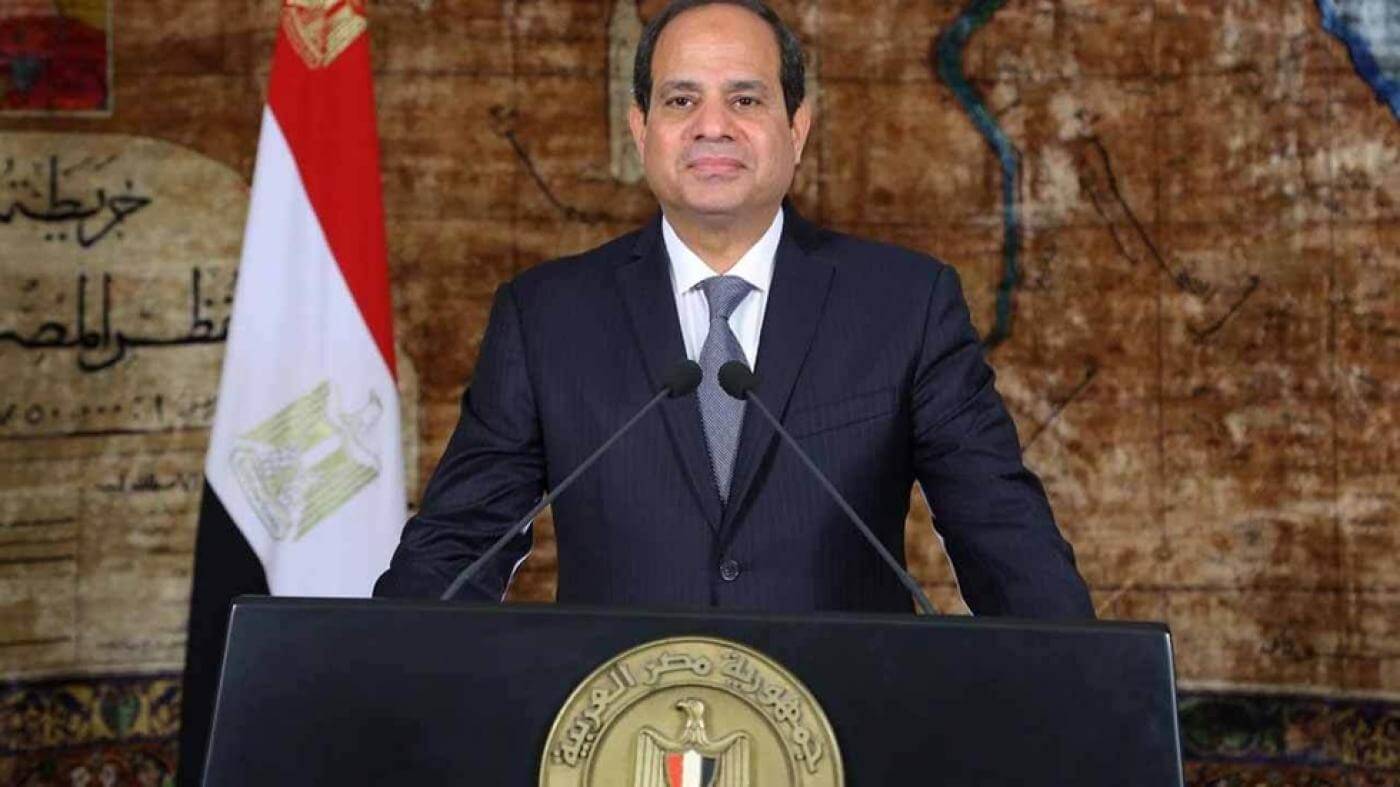On Thursday, Egyptian President Abdel Fattah Al Sisi met with his Djiboutian counterpart Ismail Omar Geuelleh as part of Cairo’s effort to garner greater support for Egypt amid its ongoing Nile dispute with Ethiopia. Sisi became the first Egyptian president to visit the Horn of Africa country since Djibouti declared independence in 1977.
During the meeting, Sisi reiterated the importance of reaching a balanced deal between Egypt, Sudan, and Ethiopia to resolve the thorny Grand Ethiopian Renaissance Dam (GERD) dispute. The leader also said that such an agreement should not only protect the interests of all parties involved but also preserve regional stability. “I stressed Egypt’s opposition to any attempt to impose a reality on the ground through unilateral decisions that do not consider the interests and the rights of the river’s two downstream countries,” Sisi said in response to Ethiopia’s filling of the GERD.
For his part, Guelleh agreed that Ethiopia’s dam should be filled and operated only according to a “fair and binding legal agreement.” He also added that there should be a political willingness on all sides to reach a final settlement regarding the usage of the Blue Nile.
Amani el-Taweel, an expert on the Nile dispute told the Associated Press that better ties between Egypt and Djibouti are crucial for Egypt to prevent Djibouti from taking Ethiopia’s side in the current conflict. Taweel also added that Egypt has been seeking to improve ties with all Nile Basin countries, as the river is a crucial part of its national security. In this respect, Sisi also said that Egypt would be sending two military planes full of medical and food supplies to Djibouti.
The Nile is an international watercourse that has historically been linked mainly to Egypt. It provides nearly 96% of the dry-desert country’s renewable freshwater, and since the country receives abysmally low levels of rainfall, almost 95% of its total population lives within 12 miles of the river, using its resources for agriculture, industrial production, and sewage treatment. But over the past few decades, demands from other riparian states to access the river’s waters and utilise its resources have been perceived as a major national security threat by Egypt. The main issue remains to be that of the GERD, which would provide water and power to millions of Ethiopians, who currently face severe deprivation of these resources.
The Blue Nile, a major tributary of the Nile, originates in Ethiopia’s highlands and provides the river with 85% of its total water flow. Put simply, it provides an overwhelming majority of the water that Egypt’s existence depends on. However, Ethiopia has not been allowed to access Egypt’s water resources due to a myriad of political, economic, and geostrategic reasons, even though it contributes such an overwhelming majority of Egypt’s total available water. The GERD is meant to solve Ethiopia’s water shortages and generate a new electricity source by which it can export power.
Egypt President Sisi Visits Djibouti Amid Nile Tensions
Better ties between Egypt and Djibouti are crucial for Egypt to prevent Djibouti from taking the side of Ethiopia in the Nile dispute.
May 28, 2021

Egyptian President Abdel Fattah Al Sisi SOURCE: MIDDLE EAST EYE
